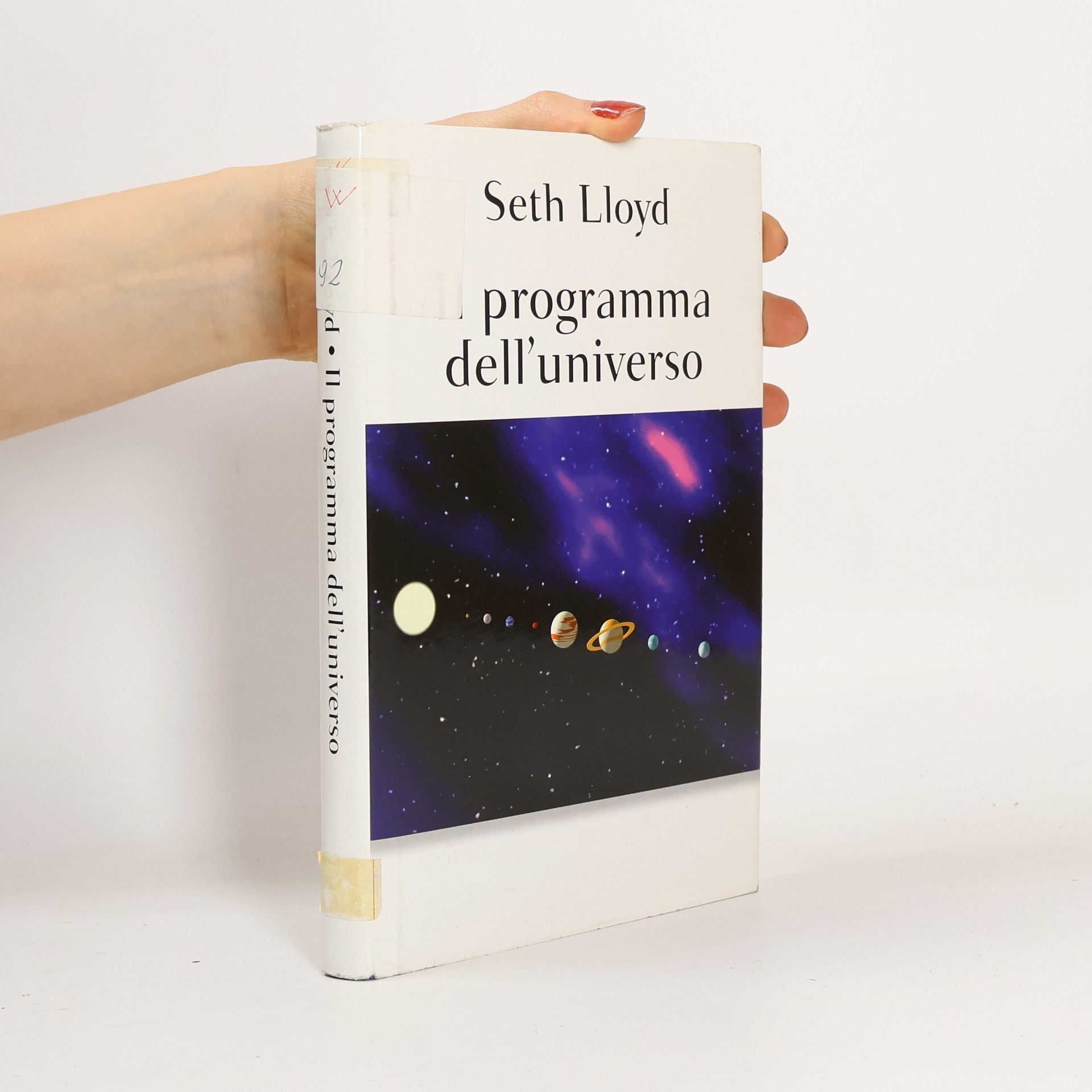Programming The Universe
- 256pages
- 9 heures de lecture
Every atom and elementary particle stores these bits, and every collision between those atoms and particles flips the bits into a new arrangement and effortlessly spins out beautiful and complex systems, including galaxies, planets and life itself.


